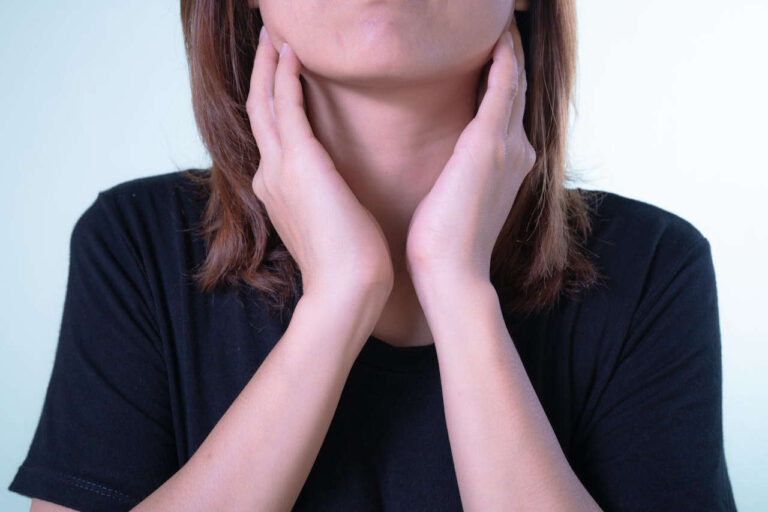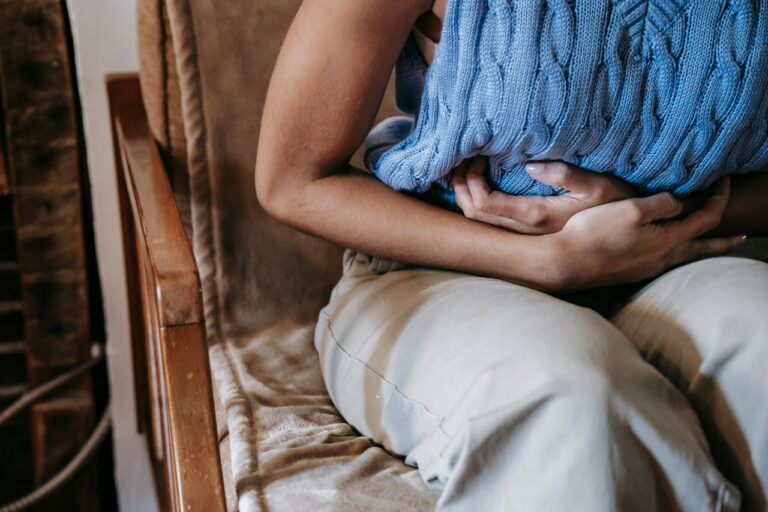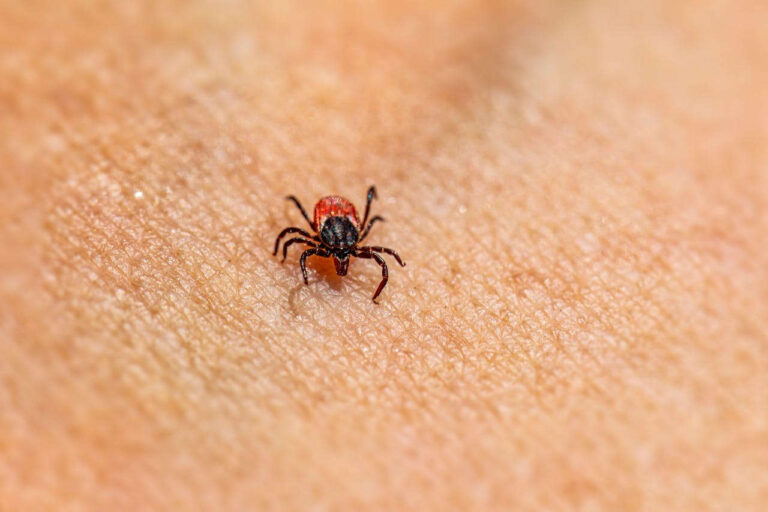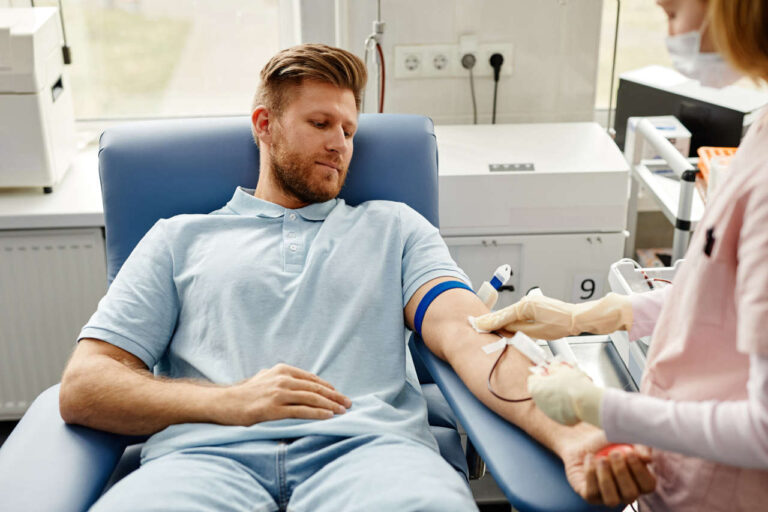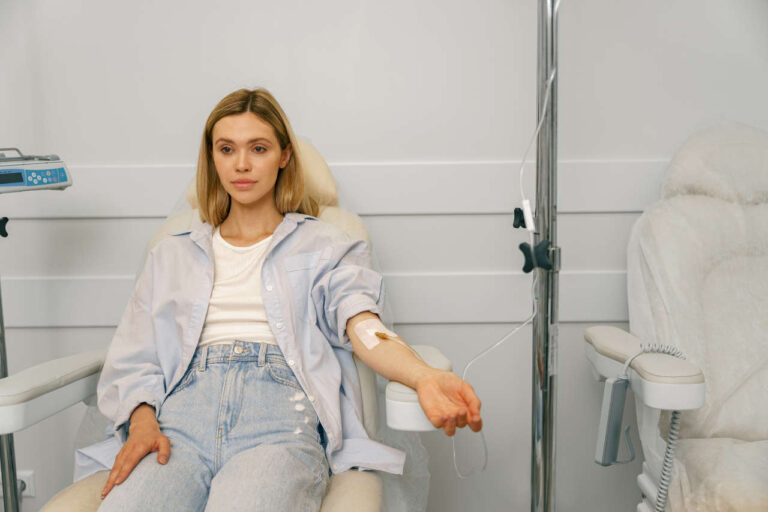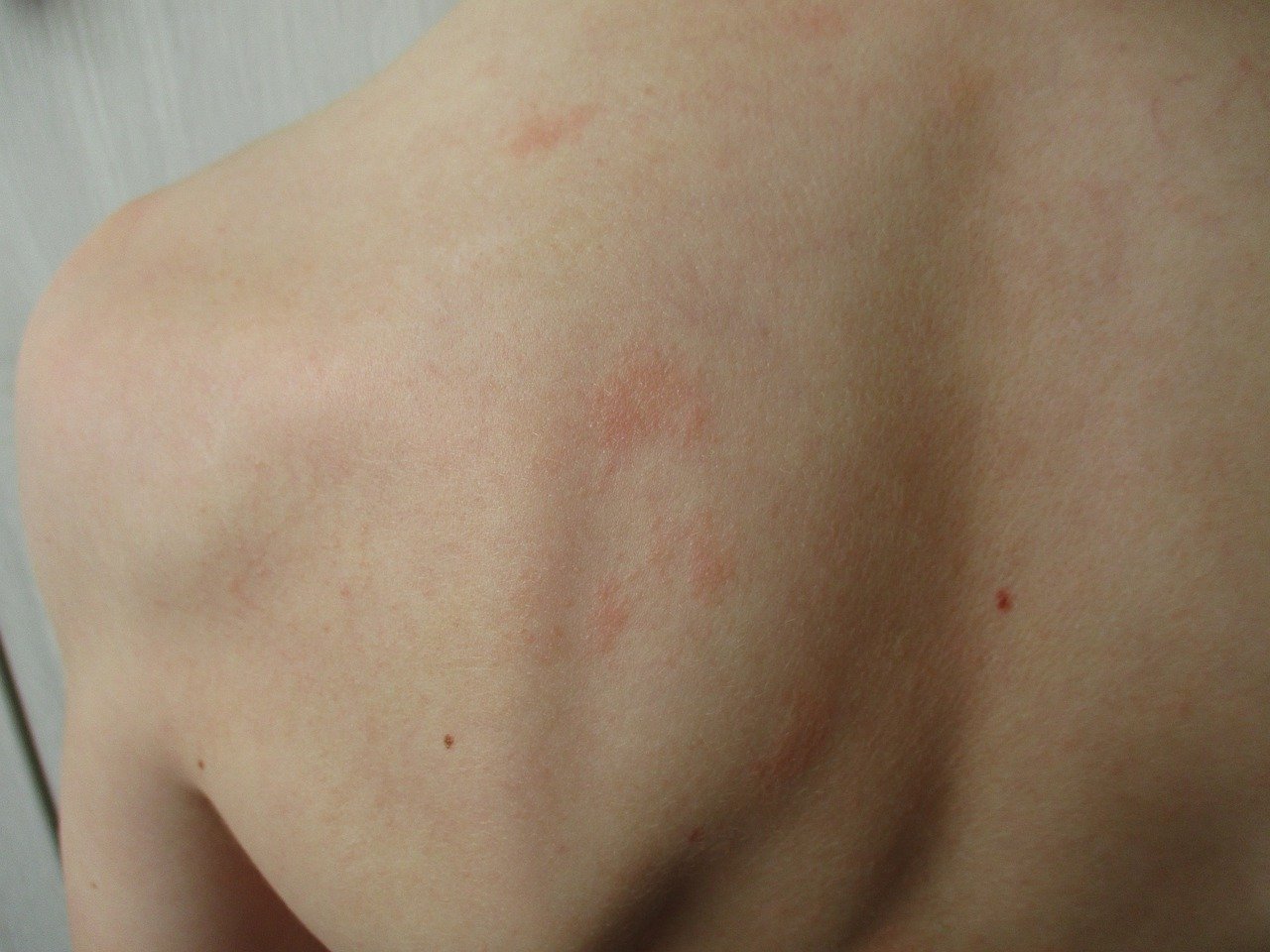
Dermatomyositis is a rare autoimmune disease that can affect children and adults alike. There is no cure for dermatomyositis yet. However, you can avoid its debilitating consequences by receiving treatment. One effective therapy for dermatomyositis is IVIG.
If you’ve just heard of IVIG treatment for dermatomyositis, this in-depth look at the therapy is the best place to start.
What is Dermatomyositis?
Before exploring the treatment, you must understand the disease. Dermatomyositis is a rare inflammatory condition that causes muscle inflammation. It differs from other muscle diseases since it can also cause skin symptoms.
Adults and children can both suffer from dermatomyositis. However, this condition mostly affects people between 50 and 70 years old and is more common among women.
Some people with dermatomyositis might also suffer from connective tissue disorders like lupus or rheumatoid arthritis.
Symptoms
Symptoms of dermatomyositis that IVIG aims to improve include:
- Fever
- Fatigue
- Voice changes
- Stiff and painful joints
- Swallowing difficulties
- Unintentional weight loss
- Muscle weakness and pain
- Red or purple rashes on the skin
- Swollen areas surrounding the fingernails
- Dry and scaly skin that causes hair thinning
- Hard subcutaneous lumps of calcium deposits
- Lung problems, including coughing and breathing difficulties
These symptoms occur due to inflammation in the blood vessels that reach the skin and muscles.
In most cases, the first sign is the appearance of a purple rash followed by muscle aches. However, a subtype of this disease exists that doesn’t include muscle weakness, and it’s called amyopathic dermatomyositis.
Causes
While therapies such as IVIG can help dermatomyositis, we don’t yet know the exact cause of the disease. However, dermatomyositis has similar characteristics to autoimmune diseases.
Autoimmune conditions are when your body’s immune system attacks the body itself. Studies show that people with a compromised immune system are also vulnerable to dermatomyositis, as 15%-30% of those affected have cancer or infections.
Other potential causes of dermatomyositis, for which IVIG treatment is used, include exposure to triggers and abnormal genes.
Diagnosis
Dermatomyositis is a fairly easy muscle disease to diagnose due to the appearance of skin rashes. The process starts with a doctor asking about your symptoms, doing a physical exam, and checking your medical history.
Before prescribing IVIG for dermatomyositis, the doctor will also perform the following tests:
- Blood tests to look for muscle enzymes and abnormal proteins, including autoantibodies
- Electromyogram (EMG) to record abnormal impulses in your muscles
- MRI scans to look for inflammation and abnormal muscles
- Skin and muscle biopsies to look for changes induced by dermatomyositis in your skin and muscle tissues
Treatments
Dermatomyositis has no cure, but you can manage its symptoms with treatment. IVIG therapy for dermatomyositis is not the only option.
Depending on your symptoms, age, and overall health, the doctor might also prescribe you:
- Physical therapy to strengthen your muscles
- Skin treatments and antihistamine drugs for your rashes
- Anti-inflammatory medications like corticosteroids to ease inflammation
- Surgery to remove calcium deposits beneath your skin
- IVIG to modulate your immune system
IVIG Treatment for Dermatomyositis
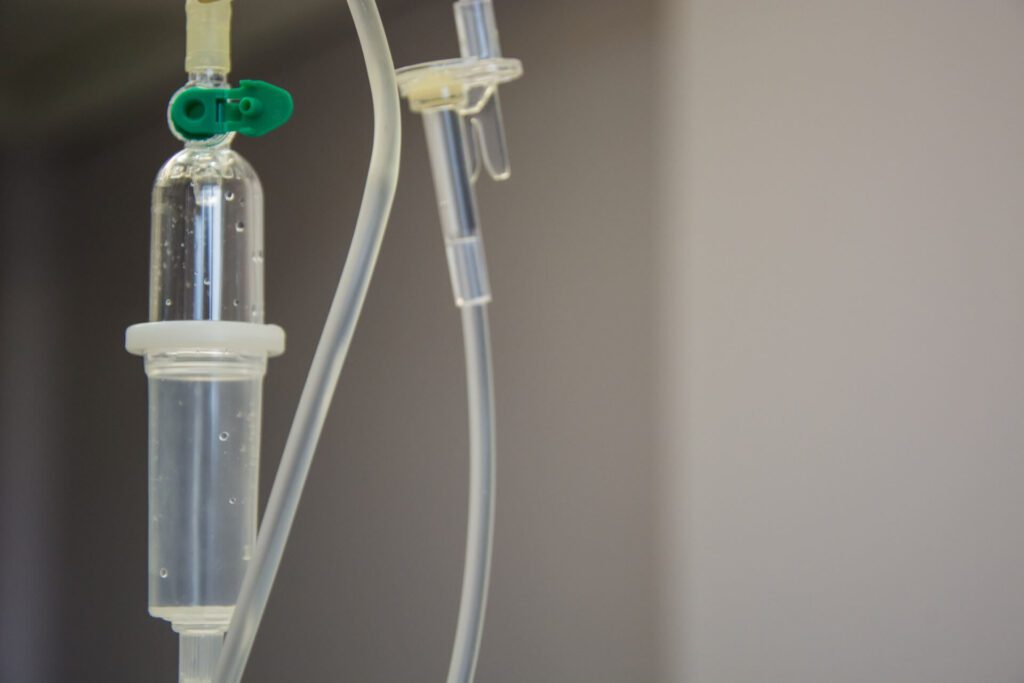
If you have dermatomyositis, your body creates antibodies that attack your skin and muscles. Your body must block these antibodies, and that is what IVIG does.
Intravenous immunoglobulin (IVIG) is a form of infusion therapy that includes pooled plasma containing antibodies collected from hundreds of healthy donors.
When people with dermatomyositis receive IVIG infusions, these antibodies will enter their bodies. They will target the autoantibodies that are hurting the skin and muscles. This mechanism of action will modulate their immune systems and reduce symptoms.
Due to its high cost, physicians often reserve IVIG for people resistant to other treatments. However, IVIG is a very effective treatment. Some doctors even recommend it as first-line therapy.
Is IVIG Treatment Effective for Dermatomyositis?
Studies confirm the effectiveness of IVIG therapy for dermatomyositis. IVIG has also been effective in a pivotal phase III randomized trial.
Studies have not assessed therapeutic options for dermatomyositis, including corticosteroids and other immunosuppressants in phase III trials. So the positive results of the IVIG trial are noteworthy.
This clinical trial had 95 participants who were diagnosed with dermatomyositis. Three-quarters of them were women, and over 90% were Caucasians. Their median age was 53 years old.
16-Week Phase
Scientists randomly assigned participants to two groups for the first 16-week, double-blind phase. One group received IVIG for their dermatomyositis (Octagam 10%). The other group received a placebo.
Researchers defined the primary endpoint at week 16 as the Total Improvement Score (TIS) of at least 20 or no confirmed deterioration up to that date.
At the end of the first 16-week mark, 79% of participants receiving IVIG and 44% of those receiving a placebo with at least a TIS of 20 continued to the next phase.
24-Week Phase
The second phase of the trial lasted for another 24 weeks.
All participants received 2 g/kg of IVIG infusions for dermatomyositis during this open-label period. At week 28, stable participants received a lower dose of 1 g/kg IVIG treatment for dermatomyositis for the remainder of the trial.
Secondary endpoints at week 40 were defined as moderate to considerable improvements with a TIS of at least 40 and 60 points, respectively.
By the end of the trial, researchers noted a 71.1% response rate in the IVIG group and 69.6% in the placebo group, which later switched to IVIG. These response rates are highly statistically significant.
Reported Adverse Effects
During the first 16-week period, two-thirds of the patients reported short-lived side effects, including mild headaches, nausea, and pyrexia, after receiving IVIG for dermatomyositis.
Serious adverse effects occurred a total of nine times and included thromboembolic events. It’s worth mentioning that those in the placebo group who hadn’t yet received IVIG also experienced four adverse events.
Conclusions
The results of this study show the efficacy, safety, and tolerability of IVIG treatment for dermatomyositis. The percentage of improvements in participants who received IVIG was much more significant than those who had received the placebo.
This study was the first large placebo-controlled trial of IVIG for dermatomyositis, and it clearly shows the effectiveness of this treatment for those affected.
IVIG Procedure
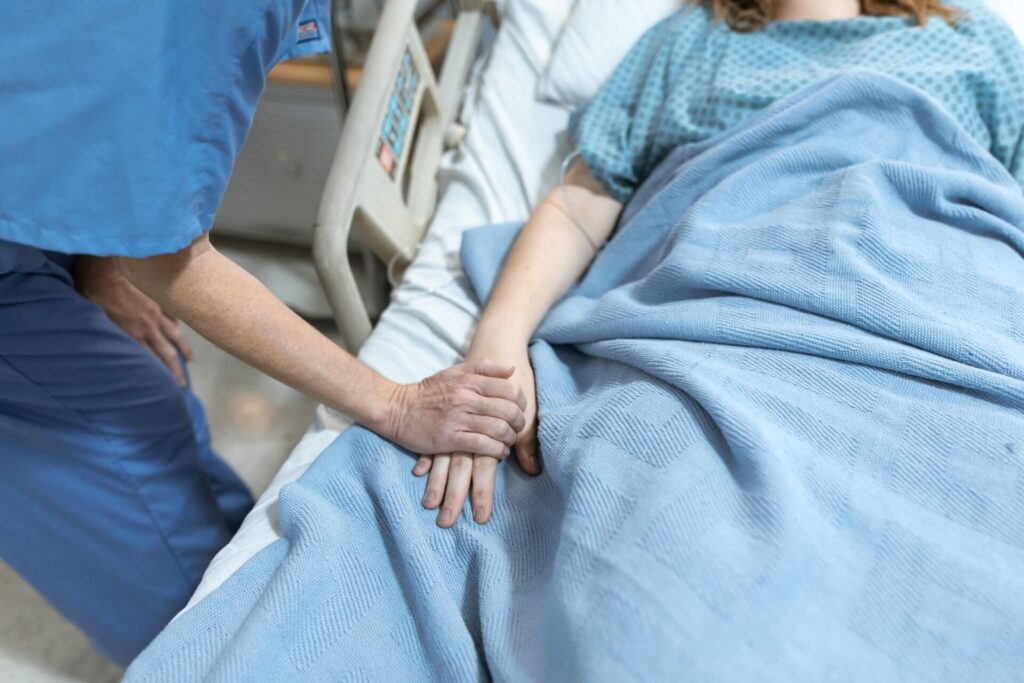
You can get IVIG home infusions or receive treatment in a hospital or an outpatient clinic. Licensed infusion nurses will insert a needle into a vein in your arm or administer the medication subcutaneously if you choose. It takes around 3 hours for the entire infusion solution to enter your body.
The process itself is not painful. However, you might feel pain and discomfort as the nurse inserts the needle.
What to Expect
After receiving IVIG for dermatomyositis, you won’t see the effects immediately. You must be patient and let the antibodies do their work. It can take several days to weeks before you notice any differences.
However, IVIG is a proven treatment for dermatomyositis. Eventually, you will notice your skin rashes clearing and your muscles relaxing. Be patient with your treatment and stay positive.
Are There Any Side Effects?
IVIG has rare side effects that might be immediate or long-term. Symptoms most people experience include flu-like signs, mild headaches, fever, joint pain, and pain at the site of the IV needle.
Less than 1% of those receiving IVIG for dermatomyositis might experience the long-term side effects of intravenous immunoglobulin treatments, including renal impairment, thrombotic events, and neurological disorders.
In some cases, recipients might have an infusion reaction and experience hives and shortness of breath.
The Cost of IVIG Treatment for Dermatomyositis
IVIG therapy prices range from $100 to $350 per gram. This cost can vary based on the person’s age, weight, required dosage, treatment duration, and preferred injection method.
The brand of the IVIG solution also affects the final price. Octagam 10% is the brand of IVIG doctors usually prescribe for dermatomyositis. Octagam 10% costs $385 for 20 ml.
Financial Assistance for IVIG
There is no denying that IVIG therapy is pricey, especially if you need multiple infusions. However, financial assistance is available to help reduce your out-of-pocket costs.
Insurance usually pays a portion of IVIG treatment for dermatomyositis if a doctor deems the treatment necessary. Your insurance provider may also cover the cost of home infusion visits for your treatment.
There are also various copay assistance programs to help people in your situation pay for their treatment costs.
Receive IVIG Therapy for Dermatomyositis from AmeriPharma™ Specialty Pharmacy
Dermatomyositis is a rare myopathic condition that can make life difficult. While it has no cure, you can efficiently manage its symptoms with IVIG treatment. At AmeriPharma™ Specialty Pharmacy, we offer IVIG infusions to help you live a better life.
With our full-service coordination, you’ll have 24/7/365 support, insurance approval assistance, in-home care, and more.
We can deliver IVIG medications for dermatomyositis to over 40 US states and territories with discreet overnight delivery. We can also send licensed nurses to your home to help you administer the treatments.
Get started with our URAC-accredited specialty pharmacy today and receive at-home IVIG treatment for dermatomyositis. Visit our blog to learn more about IVIG infusions and other treatments for complex health conditions.


